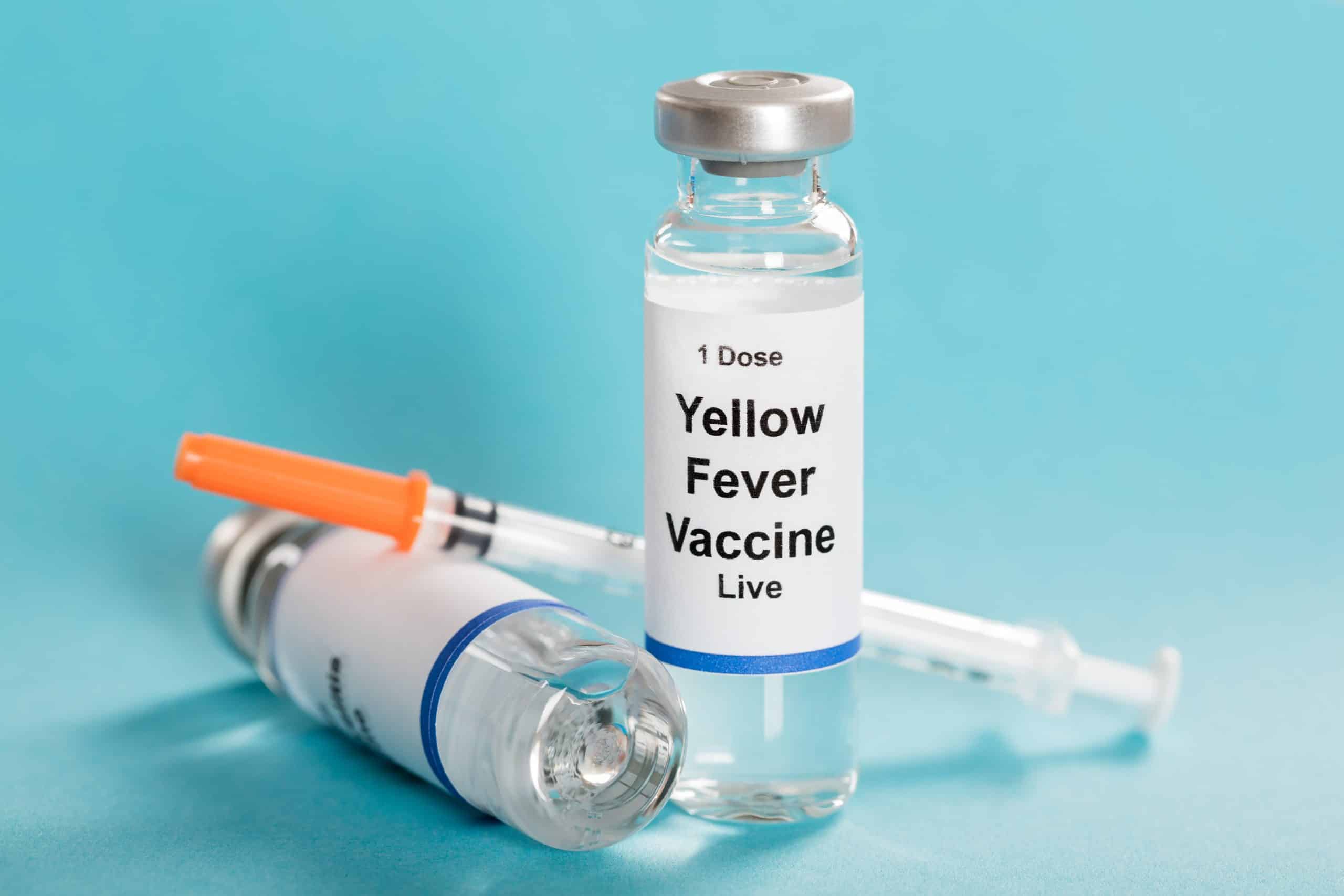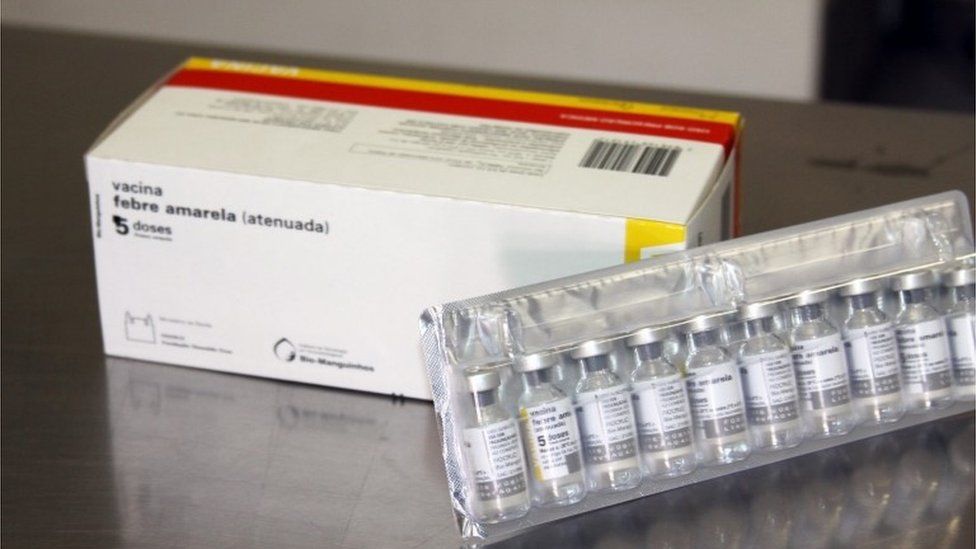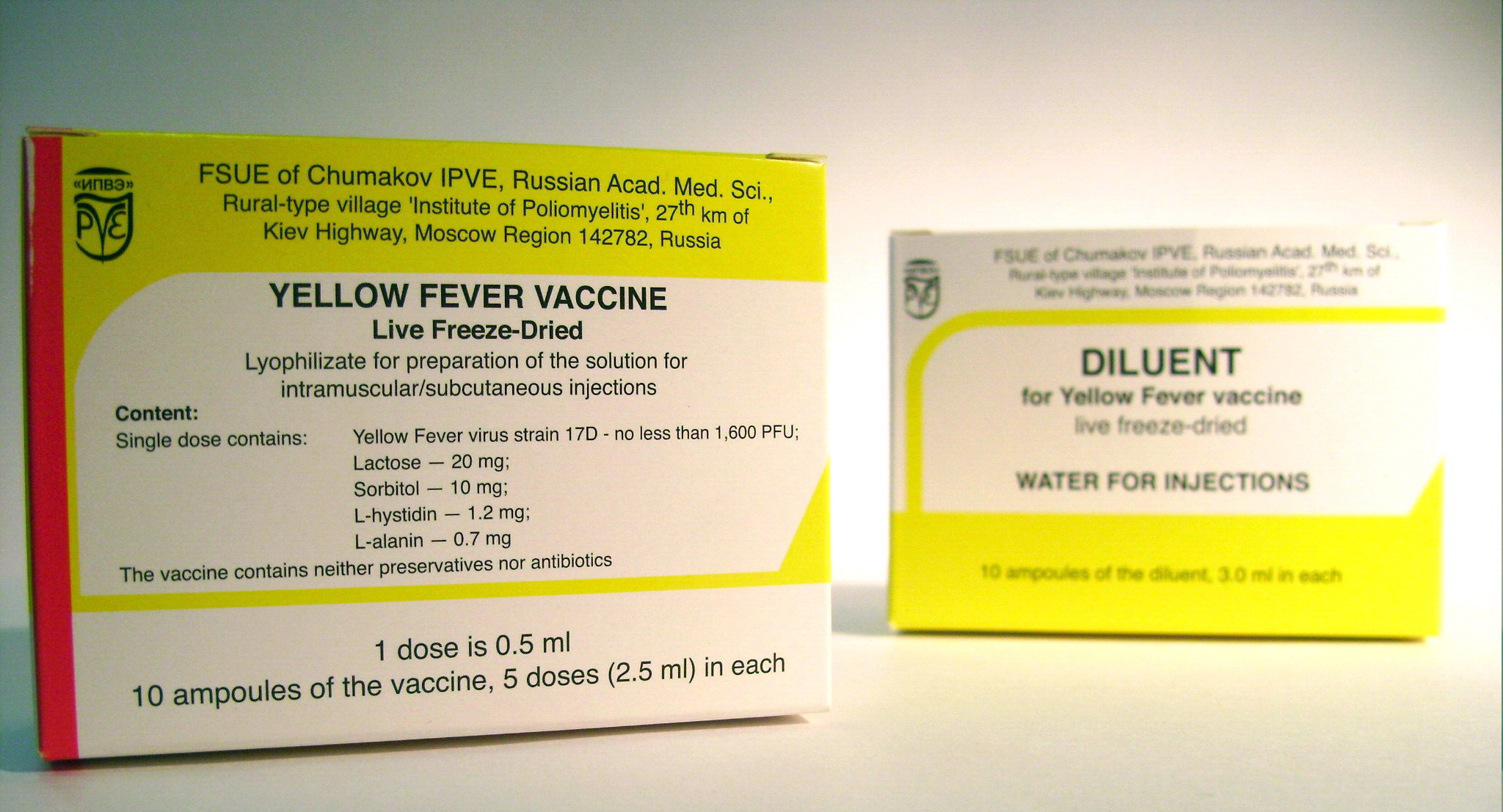Table of Contents
- Yellow Fever - Long Sault Travel Clinic
- Торговый Дом Аллерген – Telegraph
- Free Photo | Yellow fever vaccine concept
- Free Photo | Yellow fever vaccine concept
- can i take yellow fever vaccine after covid vaccine
- Yellow fever side effects. Who should-or shouldn't-be vaccinated ...
- Brazil orders 11.5 million yellow fever vaccine doses - BBC News
- Yellow Fever Vaccine at ₹ 1500/piece | Greater Noida | ID: 2849621999630
- Yellow Fever Vaccine - Pictures
- How much is Yellow Fever Vaccine in Kenya? - Wikitionary254



What is Immunization?



The Role of Vaccines



Biologicals: The Building Blocks of Vaccines
Biologicals refer to the raw materials used to produce vaccines, such as viruses, bacteria, and toxins. The WHO works closely with manufacturers to ensure that biologicals are produced to the highest standards of quality and safety. The organization also provides guidance on the use of biologicals in vaccine development and production, ensuring that vaccines are effective and safe for use in humans.
WHO's Efforts in Immunization
The WHO is committed to ensuring that immunization is accessible to everyone, everywhere. The organization works with governments, healthcare professionals, and other stakeholders to: Develop and distribute vaccines to areas of need Strengthen immunization systems and infrastructure Monitor and evaluate immunization programs Provide technical assistance and guidance on vaccine safety and effectiveness The WHO also plays a critical role in responding to outbreaks and emergencies, such as the COVID-19 pandemic, by providing vaccine-related guidance, support, and coordination. Immunization, vaccines, and biologicals are essential tools in the fight against infectious diseases. The World Health Organization plays a vital role in promoting global health and well-being through its work in immunization, vaccines, and biologicals. By ensuring that these tools are accessible to everyone, everywhere, the WHO is helping to protect millions of people from the threat of infectious diseases. As we continue to face new and emerging health challenges, the importance of immunization, vaccines, and biologicals will only continue to grow, and the WHO will remain at the forefront of efforts to promote global health and well-being.For more information on the WHO's work in immunization, vaccines, and biologicals, visit their website at https://www.who.int. Together, we can work towards a healthier, safer world for all.